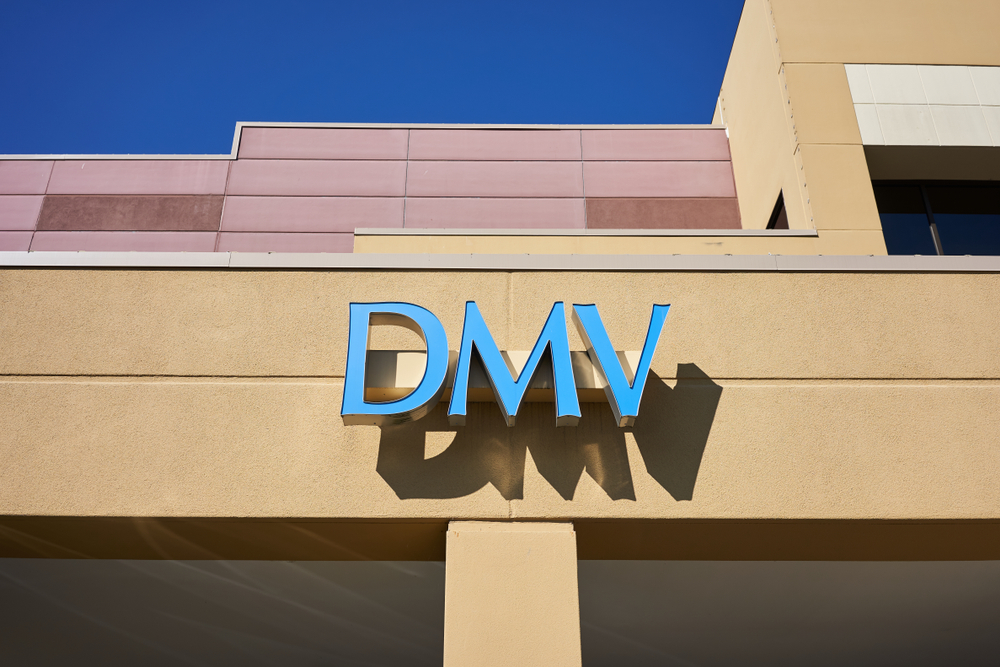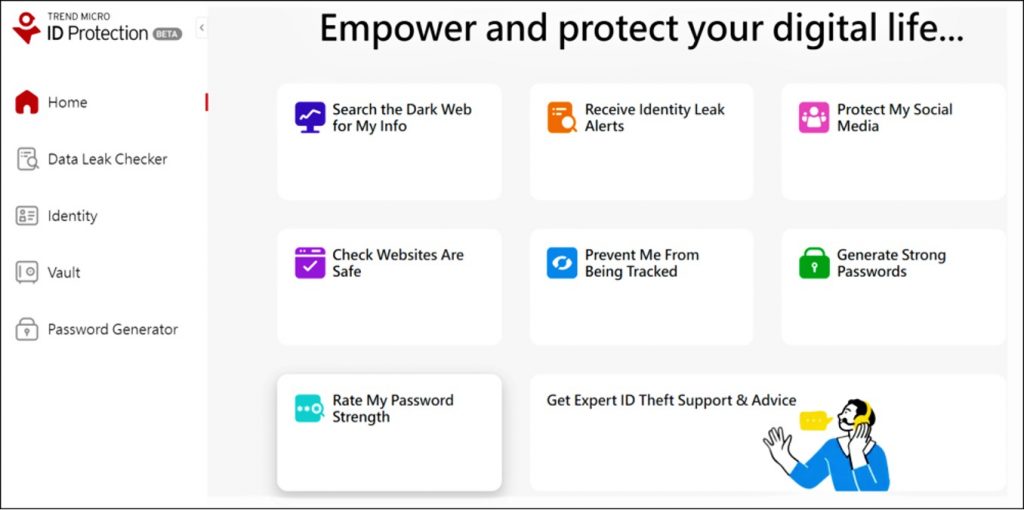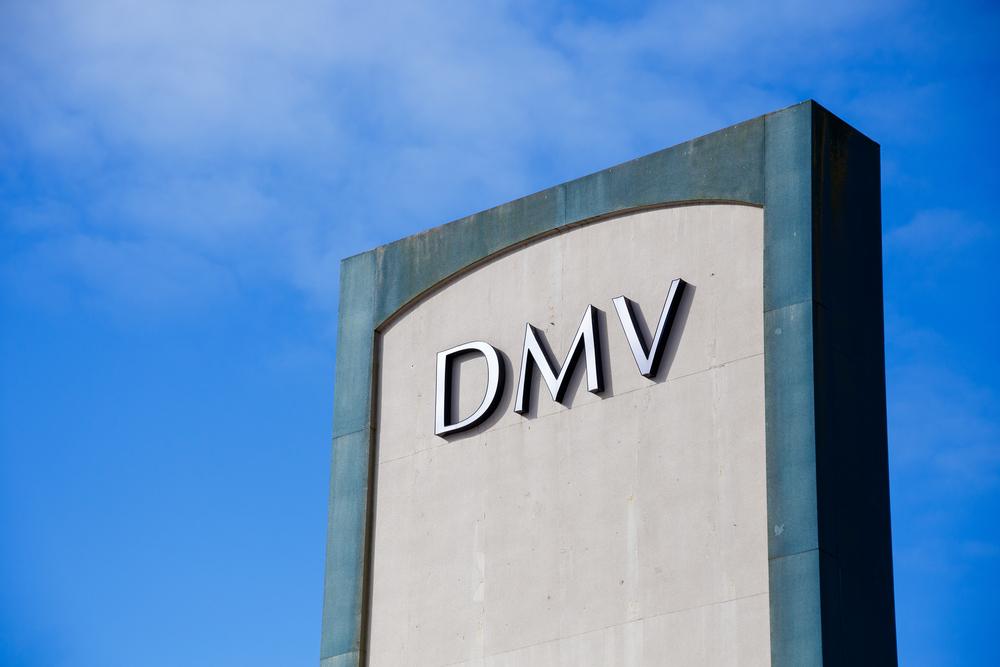Last month, the Oregon DMV (Department of Motor Vehicles) confirmed that they had been hacked, subsequently suffering a huge data breach that affected approximately 3.5 million individuals. To put things into perspective, that figure is almost 90% of Oregon’s drivers. The compromised data included driver’s license and identity card details.
A large-scale data breach like this poses significant risks for the average citizen, as such personal information can be used for malicious purposes by threat actors, for example, identity theft, phishing attacks, and monetary fraud. If you are based in Oregon, it would be wise to pay particular attention to credit card statements, credit reports, and e/mail received.

What Happened with the Oregon DMV Data Breach?
The DMV stated that there was a delay in going public, because staff first had to be trained in how to adequately deal with a situation like this — which calls to attention the need for education and standard best practice protocols. Nonetheless, further information has been trickling through. It is believed to have been carried out by CL0P, a Russian cybercriminal gang who specialize in ransomware.
The data breach was also not an isolated event, but was part of a global hack on the data transfer software, MOVEit Transfer.
In addition to the Oregon DMV, the data breach also affected:
- Umpqua Bank,
- Minnesota Department of Education,
- Louisiana’s Office of Motor Vehicles,
- Nova Scotia provincial government,
- British Airways,
- The British Broadcasting Company (BBC),
- The U.K. drugstore chain Boots,
- And federal agencies like the U.S. Department of Energy.
The long list above shows the immense risk when it comes to cyberattacks and interconnected digital systems. As for Oregonians, Chief Information Officer at the Oregon DMV, Thomas Amato, concluded: “What we’re saying is if you have a Oregon driver’s license, ID, permit, driver’s permit, you can assume that that data associated with that credential has been compromised.”
How to Spot Identity Theft
Below are some of the things you can do to look out for signs of identity theft:
- Look for charges/bills you don’t recognize. Additionally, if you stop receiving a regular bill, it could mean that somebody has changed your billing address.
- Keep an eye on your bank statements. Look for any withdrawals, transfers, or payments you don’t recognize.
- Watch out for your mail going missing or new, unexpected mail.
- Monitor your social media accounts for suspicious activity.
- Regularly review your credit reports for suspicious activity. You are entitled to one free credit report from the three national credit reporting agencies (Equifax, Experian, and TransUnion). Click here to learn how to get a free credit report (it’s easy!).
- Be wary of unusual tax documents. Identity thieves love to file fraudulent tax returns in people’s names and steal their tax refunds. If you receive any correspondence about a tax return that you haven’t filed, it could be a sign that this has happened to you.
- Be cautious of unexpected SMS/email verification codes because it could mean that someone is trying to access your account.
Protecting Your Identity and Personal Info
Compromised personal data can have serious consequences, including identity theft, financial fraud, and job losses. The best thing you can do is a) have reliable cybersecurity protection, and b) ensure you will find out ASAP in the event of being affected. We would encourage readers to head over to our new FREE ID Protection platform, which has been designed to meet these challenges.

With ID Protection, you can:
- Check to see if your data (email, number, password, credit card) has been exposed in a leak, or is up for grabs on the dark web;
- Secure your social media accounts with our Social Media Account Monitoring tool, with which you’ll receive a personalized report;
- Receive the strongest tough-to-hack password suggestions from our advanced AI (they’ll be safely stored in your Vault);
- Enjoy a safer browsing experience, as Trend Micro checks websites and prevents trackers.
All this for free — why not give it a go today? As always, we hope this article has been an interesting and/or useful read. If so, please do SHARE it with family and friends to help keep the online community secure and informed — and consider leaving a like or comment below. Here’s to a secure 2023!
